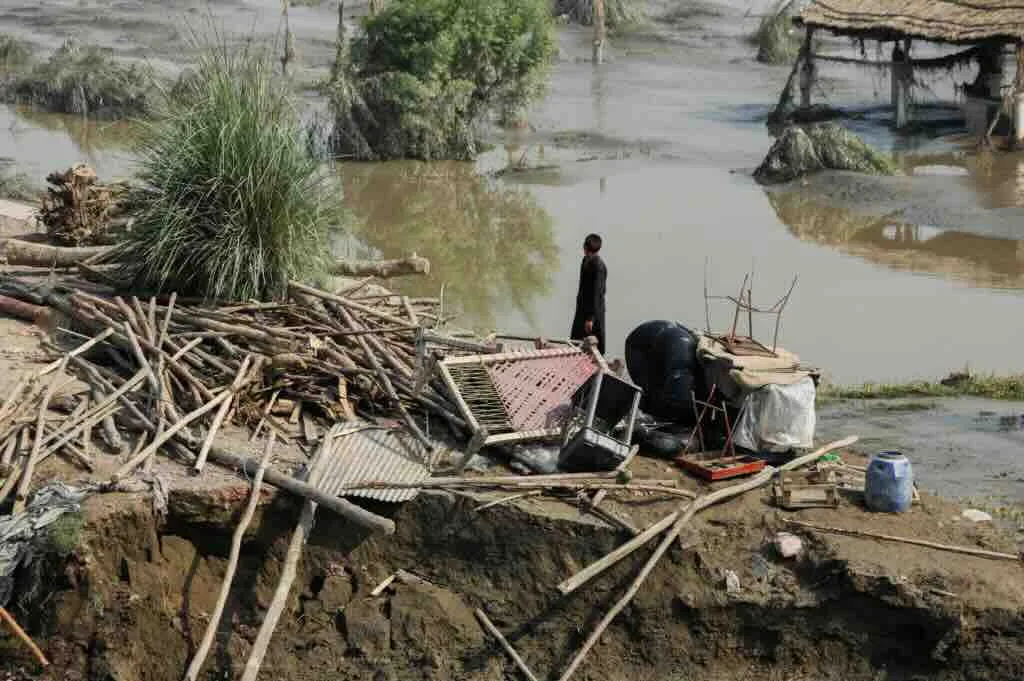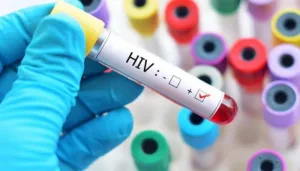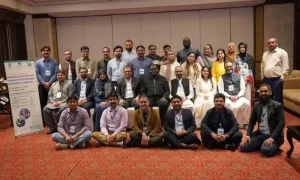WHO Sounds Alarm as Epidemic-Prone Diseases Rise in Flood-Hit Punjab
A Looming Health Emergency in the Wake of Floods Following record-breaking monsoon rains and cross-border water releases, Punjab has become the epicenter of a growing health crisis. The World Health Organization (WHO) has issued a stark warning about a surge in epidemic-prone diseases including malaria, dengue, acute watery diarrhoea, scabies, and eye infections.
Although no major outbreak has been declared yet, the conditions in relief camps and displacement zones are ripe for rapid disease transmission. Overcrowding, poor sanitation, and limited access to clean water are compounding the risks.
WHO Calls for Immediate Action WHO has urged Pakistani authorities to prioritize:
- Access to essential medicines and diagnostic kits
- Psychosocial support for displaced populations
- Safe drinking water and sanitation facilities
Without robust water, sanitation, and hygiene (WASH) interventions, the situation could escalate quickly, putting millions at risk.
Scale of Impact and Response Efforts More than two million people in Punjab have been affected by the floods. Provincial health officials report that over 100,000 patients have already received treatment in field hospitals, with nearly 9,000 cases handled in Lahore alone.
Relief camps are providing medicines for fever, rabies, snake bites, gastrointestinal issues, and skin diseases. Special facilities have also been set up for displaced pregnant women.
Unsafe Water: The Greatest Threat Experts warn that the most dangerous factor remains the widespread consumption of unsafe drinking water. In the absence of reliable supply systems, simple tools like water filters and chlorine tablets—when paired with clear usage instructions—can be life-saving.
Mosquito Control and Disease Prevention Measures Local authorities have begun anti-mosquito spraying in rescue camps to curb the spread of vector-borne diseases. As floodwaters recede, these efforts must be scaled up rapidly to prevent a full-blown epidemic.
A Race Against Time The WHO’s warning is a call to action. With the right interventions, Pakistan can prevent avoidable deaths and contain the spread of disease. But without swift and coordinated efforts, the country risks paying a high price in lives lost to illnesses that are entirely preventable




+ There are no comments
Add yours